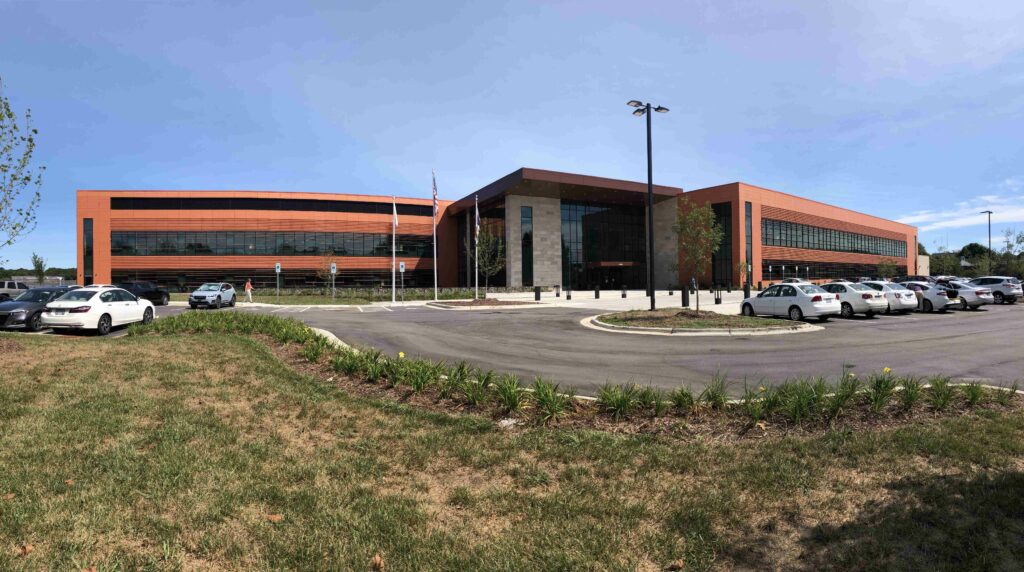The Case for Livestock Necropsy
go.ncsu.edu/readext?1018871
en Español / em Português
El inglés es el idioma de control de esta página. En la medida en que haya algún conflicto entre la traducción al inglés y la traducción, el inglés prevalece.
Al hacer clic en el enlace de traducción se activa un servicio de traducción gratuito para convertir la página al español. Al igual que con cualquier traducción por Internet, la conversión no es sensible al contexto y puede que no traduzca el texto en su significado original. NC State Extension no garantiza la exactitud del texto traducido. Por favor, tenga en cuenta que algunas aplicaciones y/o servicios pueden no funcionar como se espera cuando se traducen.
Português
Inglês é o idioma de controle desta página. Na medida que haja algum conflito entre o texto original em Inglês e a tradução, o Inglês prevalece.
Ao clicar no link de tradução, um serviço gratuito de tradução será ativado para converter a página para o Português. Como em qualquer tradução pela internet, a conversão não é sensivel ao contexto e pode não ocorrer a tradução para o significado orginal. O serviço de Extensão da Carolina do Norte (NC State Extension) não garante a exatidão do texto traduzido. Por favor, observe que algumas funções ou serviços podem não funcionar como esperado após a tradução.
English
English is the controlling language of this page. To the extent there is any conflict between the English text and the translation, English controls.
Clicking on the translation link activates a free translation service to convert the page to Spanish. As with any Internet translation, the conversion is not context-sensitive and may not translate the text to its original meaning. NC State Extension does not guarantee the accuracy of the translated text. Please note that some applications and/or services may not function as expected when translated.
Collapse ▲As livestock owners, the last thing we want is to lose an animal unexpectedly, but it will happen if you own livestock long enough. Some causes of mortality, such as predation, can be easily identified, but other causes are not as obvious. Certain diseases can prevent very few clinical signs, or strike before anything appears to be wrong. In this case, it is beneficial to take measures to protect the rest of your herd/flock.
Sudden loss of livestock is often chalked up as a loss and the carcass is disposed of or buried. When that happens, the cause is lost with the carcass. If it is not evident why that animal passed, having a necropsy performed will provide insight into the cause. The cause may be something like an infection, which is still good to know, or it could inform the producer of a much more serious issue (Avian Influenza, rabies, etc.). In the event of mortality, carcasses should be submitted for necropsy as soon as possible. Advanced decomposition will result in submissions being refused.
The North Carolina Department of Agriculture & Consumer Services has four diagnostic labs where necropsies can be performed. The closest location for our Orange and Durham County folks is the Rollins Lab in Raleigh (4400 Reedy Creek Rd
Raleigh, N.C. 27607). Other locations include Elkin, Monroe, and Fletcher. Prior to bringing a mortality to the lab, please call ahead. More information on these locations, their services, and associated forms.





